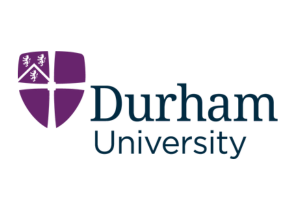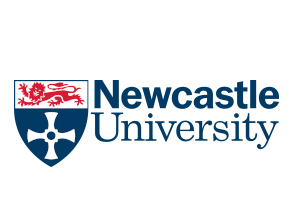Invited Speakers
Meheboob Alam
J. Nehru Centre for Advanced Scientific Research, Bangalore, India)
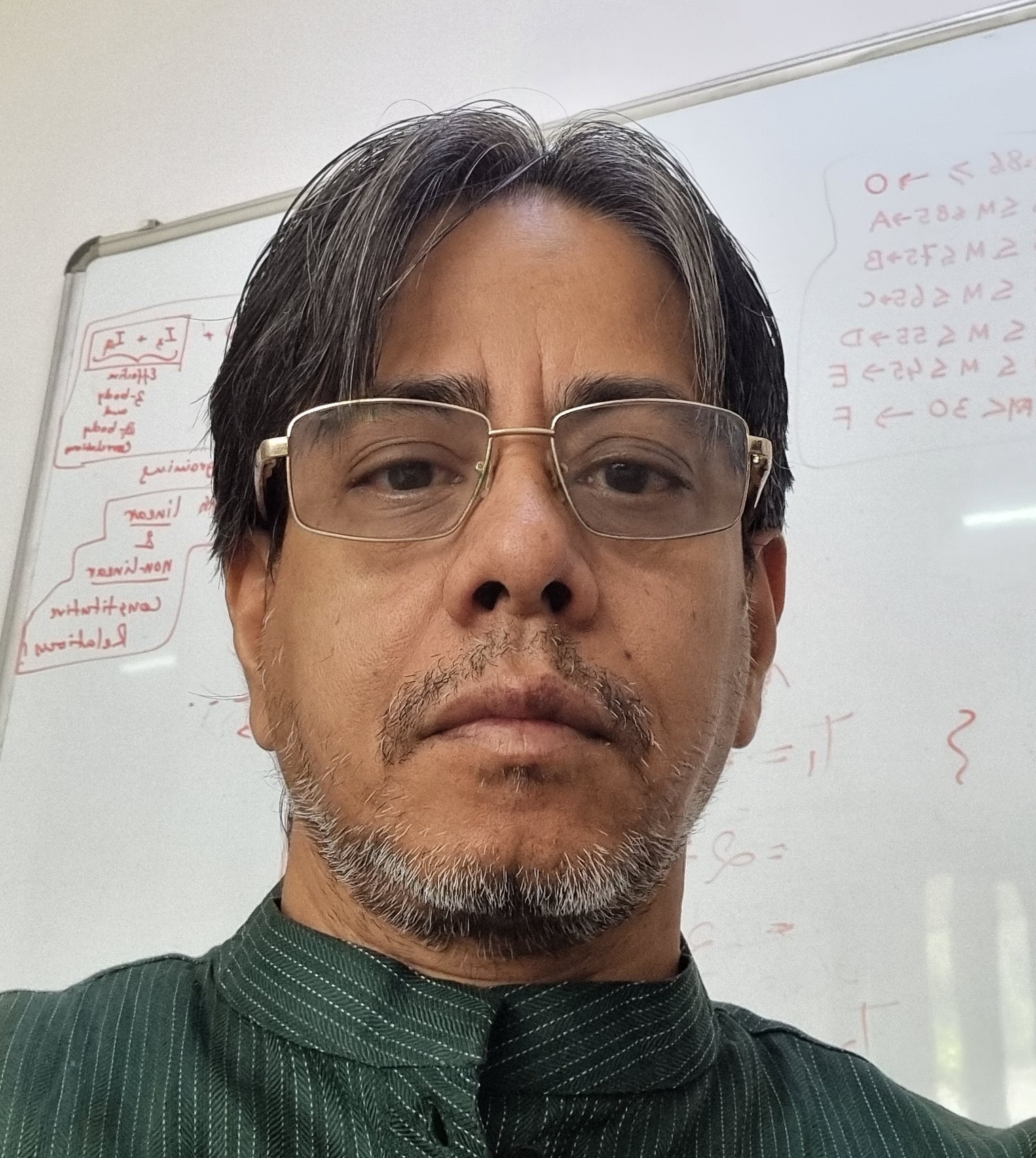
Prof. Meheboob Alam is the Chair of the Engineering Mechanics Unit at Jawaharlal Nehru Centre for Advanced Scientific Research (JNCASR), Bangalore, India. He is primarily a theoretician, working on the mechanics and rheology of particulate suspensions, the kinetic theory of rapid granular flows, and hydrodynamic & constitutive instabilities. During the last six years, he has carried out experiments on suspension Taylor–Couette flows, with a goal to understand the crucial role of inertial particles on pattern transition routes to turbulence and its torque response. He earned Master's and Doctoral degrees from the Indian Institute of Science, Bangalore in 1998, and did postdoctoral research at the University of California, San Diego, USA (1999), and the University of Colorado, Boulder, USA (2000). He was awarded the Alexander von Humboldt Fellowship to work at the University of Stuttgart, Germany during 2001–2002, and has been working as faculty at JNCASR since 2003. He is the inaugural winner of the Young Asian Fluid Dynamicist Award (2008) given by the Asian Fluid Mechanics Committee, and the Max-Planck Partner Group award (2007–2011) by the Max Planck Society, Germany. He is a recipient of (i) JFM’s Outstanding Reviewer 2023 Award and (ii) the American Physical Society's (APS) Outstanding Referee Award (2013). He is currently on the Editorial Board of Granular Matter (2025–) and is a member of the IUTAM Fluid Mechanics Symposia Panel (2022–); he has served on the Editorial Boards of (i) Scientific Reports (2015–2021) and (ii) Proceedings of Mathematical Sciences (2015–2018; Indian Academy of Sciences, co-published with Springer).
Oliver Bühler
Courant Institute of Mathematical Sciences, New York University, USA
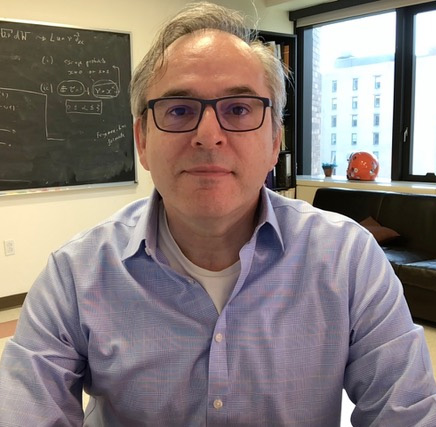
Oliver Bühler is a Professor of Mathematics and Atmosphere–Ocean Science at the Courant Institute of Mathematical Sciences, which is part of New York University. He received an undergraduate degree in Physical Engineering Science from the Technical University in Berlin (Germany) and a Master’s degree in Aerospace Engineering from the University of Michigan. He obtained a PhD in Applied Mathematics from the University of Cambridge (England), working on problems in stratospheric fluid dynamics under the supervision of Michael E. McIntyre. After a few years of lecturing at the University of St Andrews, he moved to New York in 2002. His research focus is on theoretical fluid dynamics applied to atmosphere–ocean science and the development of asymptotic and stochastic methods.
Sven Eckert
HZDR-Helmholtz-Zentrum Dresden-Rossendorf, Germany
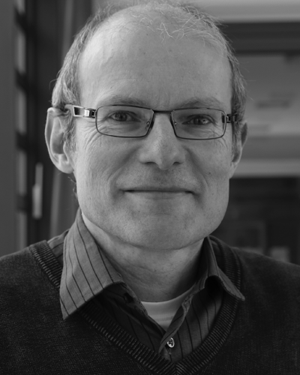
Dr. Sven Eckert is Head of the Department of Process Control and Process Diagnostics at the Helmholtz-Zentrum Dresden-Rossendorf (HZDR). He studied physics at the Technical University of Dresden from 1985 to 1990. In 1991, he began his work as a research student at the former Rossendorf Research Centre, which is now HZDR. During his PhD studies, he started working in the field of magnetohydrodynamics (MHD) and became familiar with liquid metal technologies and measurement techniques for liquid metal flows. He was awarded his PhD in mechanical engineering by the Technical University of Dresden in 1997. His main areas of research include electromagnetic flow control, MHD turbulence, liquid metal convection, solidification of metal alloys, two-phase flows in liquid metals, thermohydraulics of liquid metals in nuclear applications, and measurement techniques for liquid metal flows. He has recently initiated new research and innovation projects focusing on the decarbonisation of industrial high-temperature processes. Sven Eckert is a member of the scientific boards of several international conferences (EPM, PAMIR, ISUD) and has coordinated a number of European research projects.
Benjamin Favier
IRPHE - Aix-Marseille University, France
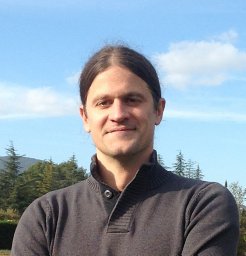
Dr. Benjamin Favier is a CNRS researcher at the Institute of Research on Non-Equilibrium Phenomena (IRPHE) at Aix-Marseille University, France. His research focuses on fluid dynamics, with particular expertise in rotating and stratified flows, magnetohydrodynamics, turbulence, phase changes, and thermal convection. Prior to his current position, Dr. Favier was a visiting lecturer at the Center for Mathematical Sciences, City University London. He also served as a Research Associate in the Department of Applied Mathematics and Theoretical Physics at the University of Cambridge, under the supervision of Professor Michael Proctor. Additionally, he held research positions at the School of Mathematics and Statistics, Newcastle University, working with Dr. Paul Bushby, and at École Centrale de Lyon in France, where he served as a Teaching Assistant. Dr. Favier earned his PhD at the Laboratory of Fluid Mechanics and Acoustics, under the supervision of Professors Claude Cambon and Fabien Godeferd.
Daphné Lemasquerier
University of St Andrews, UK
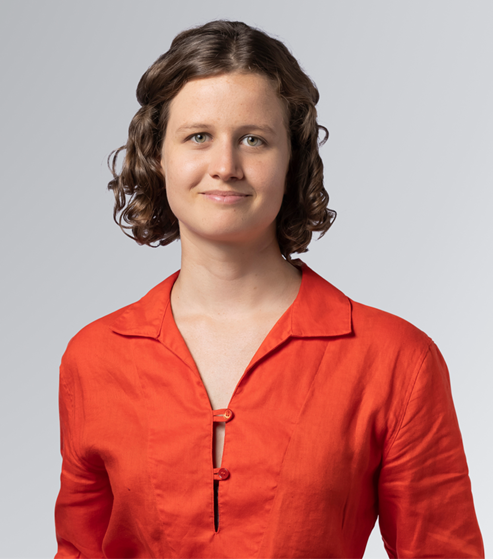
Dr. Daphné Lemasquerier is a Lecturer in Fluid Dynamics at the University of St Andrews. Before joining the university, she was a postdoctoral fellow at the University of Texas at Austin’s Institute for Geophysics. Prior to that, she completed her PhD at the Institut de Recherche sur les Phénomènes Hors Équilibre (CNRS, Centrale Marseille, Aix-Marseille Université, France). Her research focuses on understanding the complex flows in planetary atmospheres, particularly gas giants like Jupiter. Dr. Lemasquerier studies how atmospheric dynamics, such as east-west zonal winds and large-scale cyclones, interact with a planet's deep interior. She combines fluid mechanics experiments using rotating water tanks with numerical simulations and theoretical models to explore the physical processes behind these phenomena. Her work aims to shed light on the behavior of rotating turbulent flows and the intricate dynamics of planetary systems.
Florence Marcotte
INRIA NICE, France
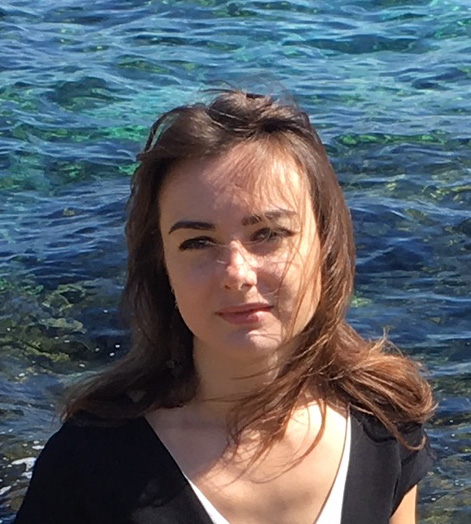
Dr. Florence Marcotte is a researcher at INRIA, specializing in fluid dynamics and magnetohydrodynamics (MHD). Her work focuses on subcritical instabilities in planetary and stellar systems, which she explores through simplified flow models, employing a variety of applied mathematical techniques. Currently, her primary research interests lie in investigating subcritical transitions and the mechanisms of magnetic field generation in accretion discs and stellar interiors. Dr. Marcotte is also a member of the INRIA team CASTOR (Control, Analysis, and Simulations for Tokamak Research), where she contributes to studies on plasma dynamics and control.
Sebastian Merbold
Institute of Electrified Aero Engines, German Aerospace Center (DLR), Cottbus, Germany
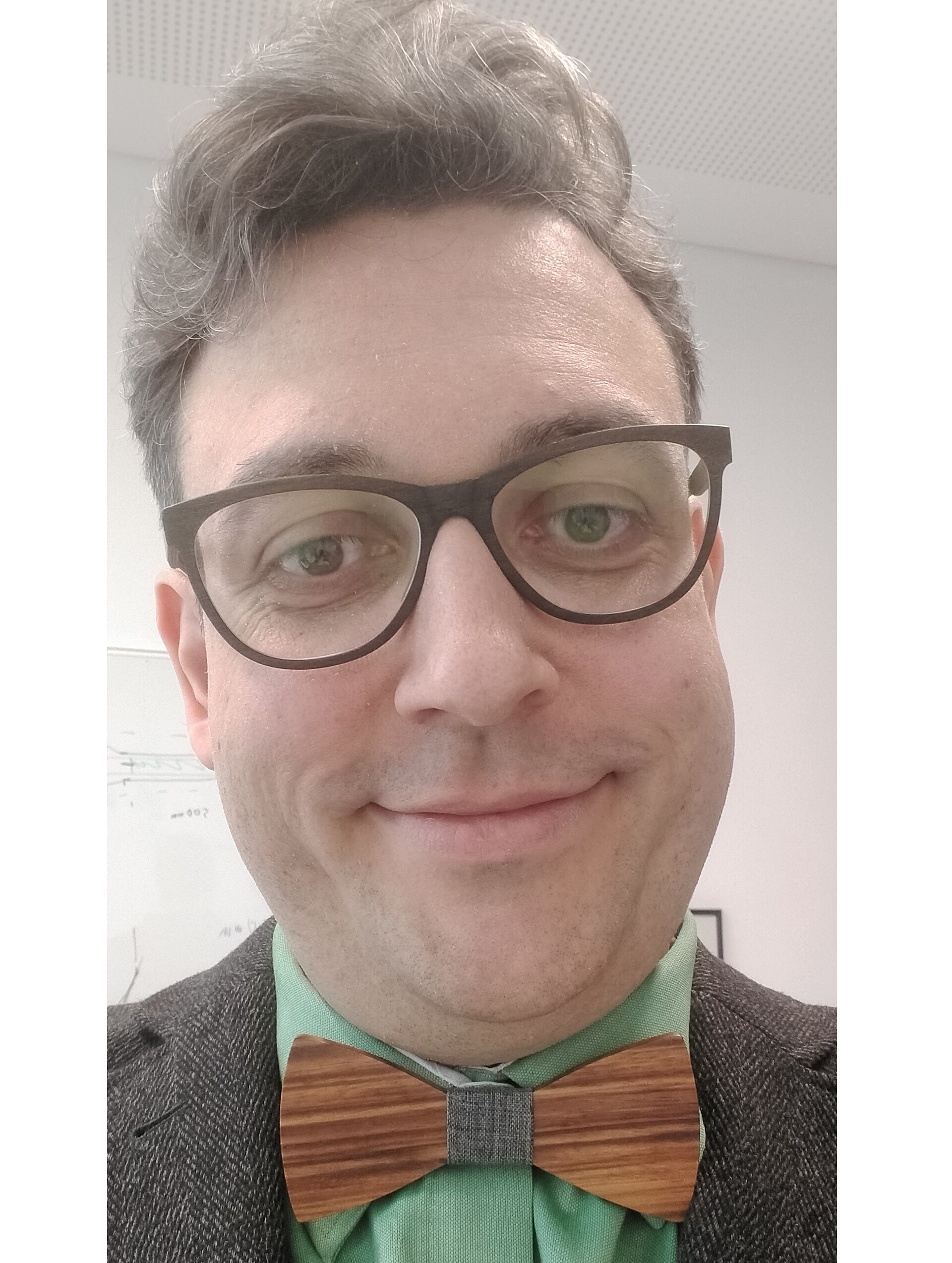
Dr. Sebastian Merbold leads the System Synthesis and Validation research group in the Department of Architecture and Integration of Propulsion Systems at the Institute of Electrified Aero Engines of the German Aerospace Centre in Cottbus, Germany. His recent research focuses on the experimental validation of future electrified aircraft propulsion units, primarily in the areas of heat and fluid flow. Before joining DLR, he led the German core facility centre Physics of Rotating Fluids at the Brandenburg University of Technology Cottbus-Senftenberg (BTU CS), where his research focused on turbulent Taylor-Couette flow, boundary layers, and experimental methods. Prior to that, he completed his PhD at the Chair of Aerodynamics and Fluid Mechanics at BTU CS, also specializing in turbulent Taylor-Couette flow.
Nicolas Mordant
LEGI, Université Grenoble-Alpes, Grenoble, France
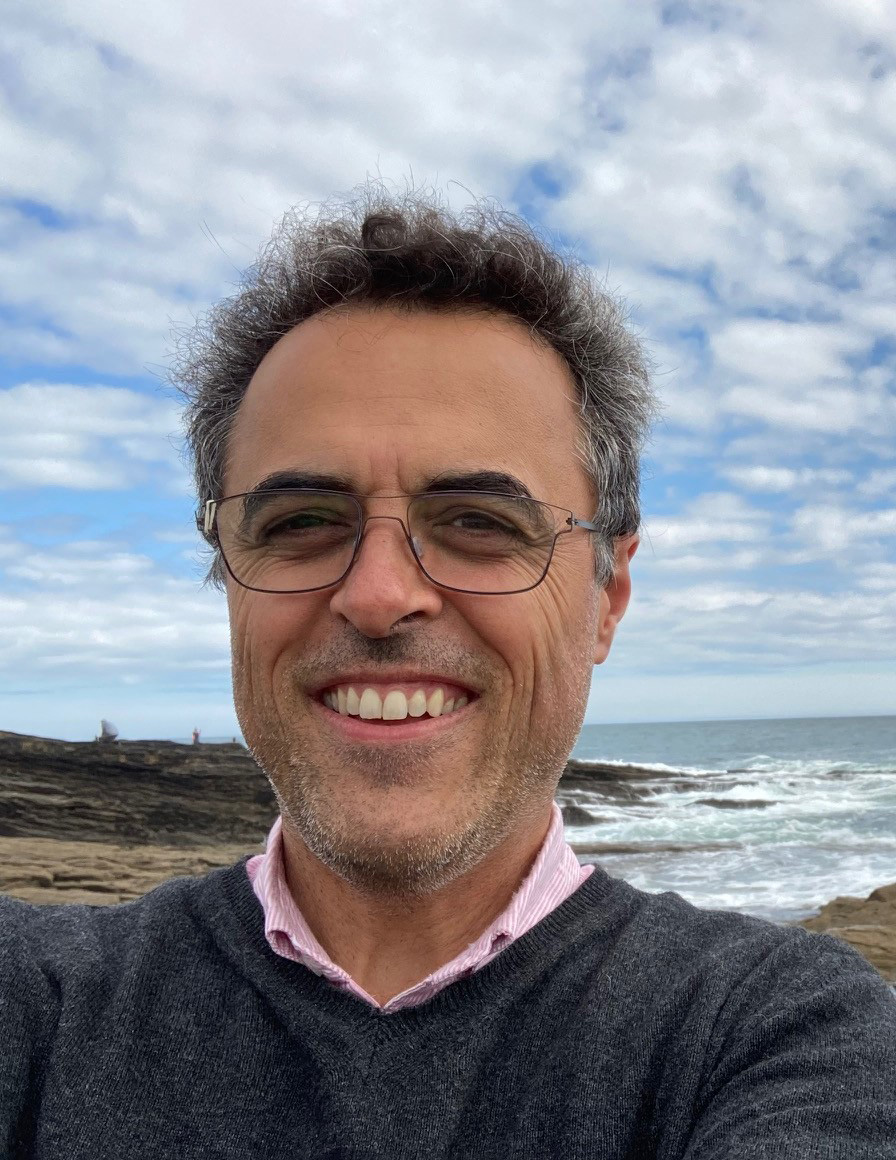
Prof. Nicolas Mordant is a member of the Laboratory of Geophysical and Industrial Flows (LEGI) at Université Grenoble-Alpes. He investigates the deep statistical properties of turbulent systems by developing dedicated experiments. His research topics include Lagrangian studies of hydrodynamical turbulence, magnetohydrodynamics and dynamo instability in liquid metals, and more recently, wave turbulence. Prof. Mordant was awarded an ERC Advanced Grant to develop experiments on wave turbulence in several setups, such as surface water waves, vibrating elastic plates, or stratified flows, which illustrate the richness of wave turbulence with the coexistence of nonlinear waves with various coherent structures and hydrodynamical turbulence. His latest investigations concern soliton gases (also known as integrable turbulence) developing in shallow water waves propagating in 1D or 2D and experiments on stratified and rotating turbulence using the Coriolis facility in LEGI, a 13-metre diameter turntable equipped to set up stratified fluids. Prof. Mordant is a member of the Simons Collaboration on Wave Turbulence. He graduated from École Normale Supérieure de Paris and completed his PhD at École Normale Supérieure de Lyon with Jean-François Pinton. After spending two years at Cornell University as a Postdoctoral Associate with Eberhard Bodenschatz, he was hired as Maître de Conférences in the Physics Department of École Normale Supérieure de Paris before joining Université Grenoble-Alpes as Professor of Mechanical Engineering.
Olga Shishkina
Max Planck Institute for Dynamics and Self-Organization, Goettingen, Germany
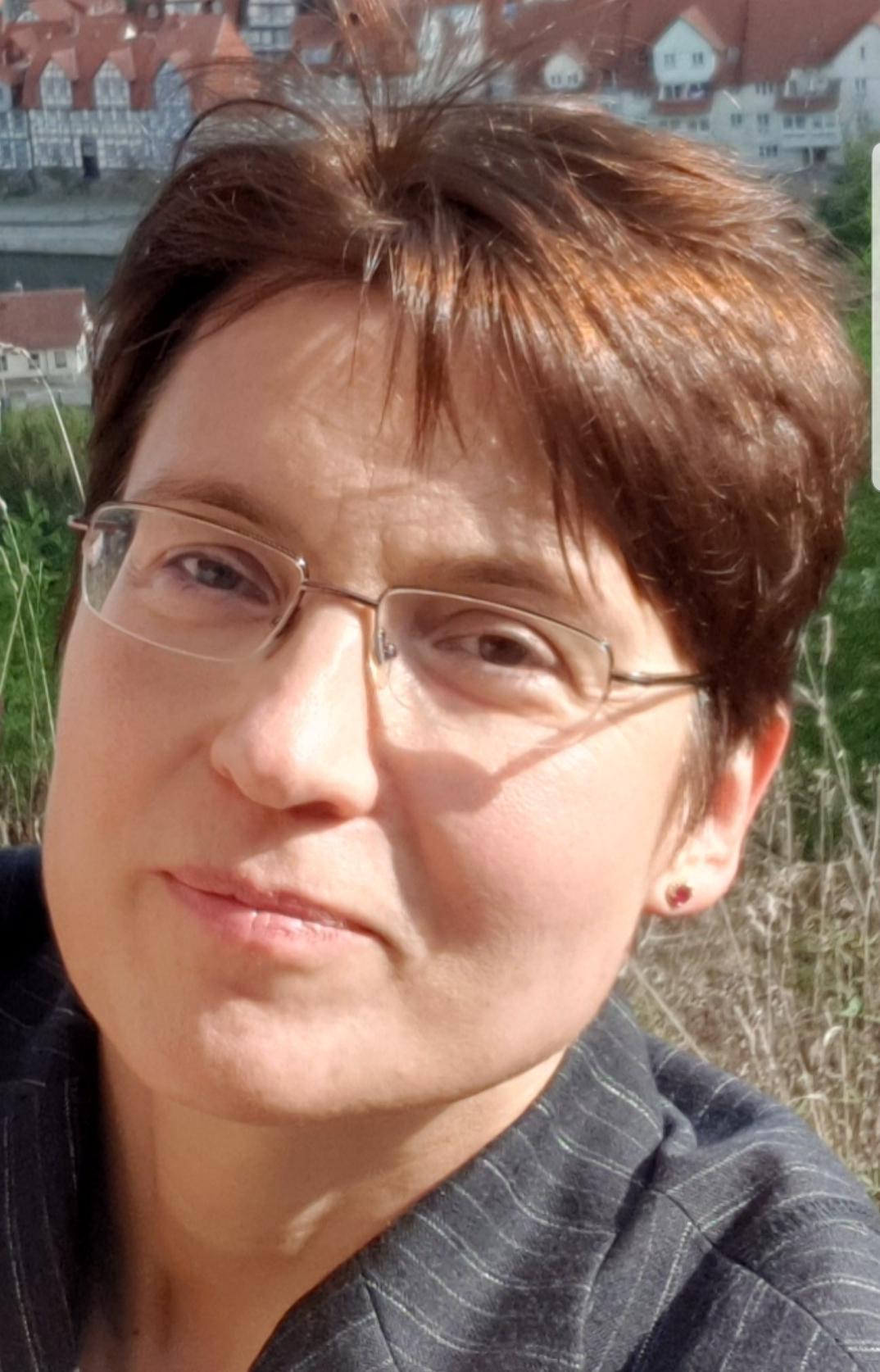
Dr. Olga Shishkina heads the "Theory of Turbulent Convection" research group at the Max Planck Institute for Dynamics and Self-Organization. Prior to this role, she held a Heisenberg Fellowship at the same institution. Her primary research interests lie in the study of turbulent flows, with a particular focus on the physics of turbulent thermal convection. Her work encompasses the investigation of natural, forced, and mixed convection, the dynamics of coherent flow structures, boundary layer behavior, and small-scale turbulence in buoyancy-driven flows. Dr. Shishkina also explores the effects of rotation, non-Boussinesq conditions, variable fluid properties, wall roughness, and domain geometry on turbulent convection. In addition to her research on the fundamental physics of turbulence, Dr. Shishkina is deeply involved in the computational aspects of turbulence simulations, addressing various numerical challenges related to the field. Her broader research interests span across natural and applied sciences, as well as engineering disciplines. These include the study of large-scale oceanic circulation, wind chill effects in extreme climates, supergranulation in the solar convective zone, heat and mass transfer in nanofluids, surface-tension-driven convection, and vibration-induced convection in low-gravity environments. Dr. Shishkina’s work also focuses on improving the efficiency of technological heating and cooling processes, and controlling ventilation systems in both residential spaces and transportation settings.


